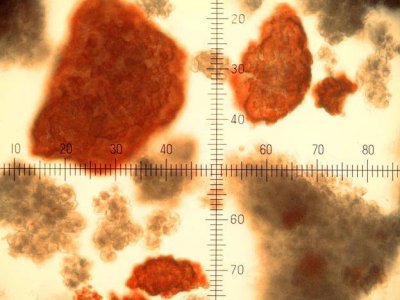For Type 1 Diabetes, Islet Transplantation Gains Momentum
UCSF News, reporting on the 14th World Congress of the International Pancreas and Islet Transplant Association (IPITA), highlighed improving results in islet cell transplantation:
For the worst cases of type 1 diabetes, islet transplantation already has freed hundreds of people from complete dependence on insulin and from life-threatening consequences of the disease.
"However, the procedure still is regarded as experimental by the U.S. Food and Drug Administration (FDA).
Islets are clusters of insulin-making cells in the pancreas that are destroyed in people with type 1 diabetes. After transplanting islet cells from a donor pancreas, the new islet cells can begin to produce insulin.
“Overall the results of islet transplantation are much better than they used to be,” said UC San Francisco transplant surgeon Andrew M. Posselt, MD, PhD, “We’re approaching results as good as we see with whole pancreas transplants.”
Posselt, who co-directs the Clinical Islet Transplant Program at UCSF, is part of an international push to bring islet transplantation into the mainstream. As part of that movement, experts gathered in Monterey in September for the 14th World Congress of the International Pancreas and Islet Transplant Association (IPITA). World Congress chair, Peter Stock, MD, PhD, is the other co-lead of the UCSF program.
The meeting – sponsored by IPITA, the Transplantation Society and the Department of Surgery at UCSF – included discussions on new ways to foster long-term survival of transplanted islets and to prevent their rejection by the immune system, which is the key to controlling blood sugar without reliance on precisely administered insulin injections.

